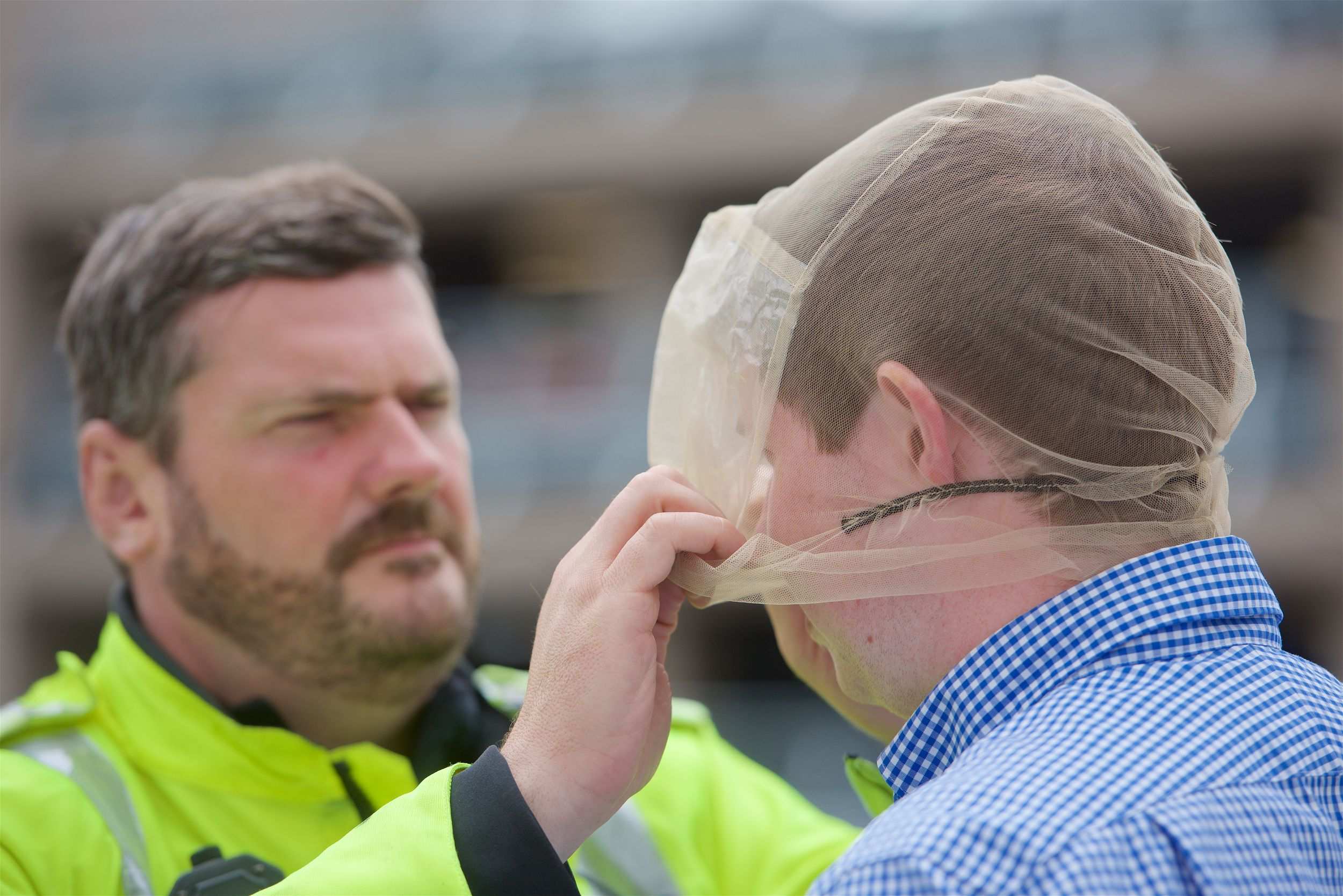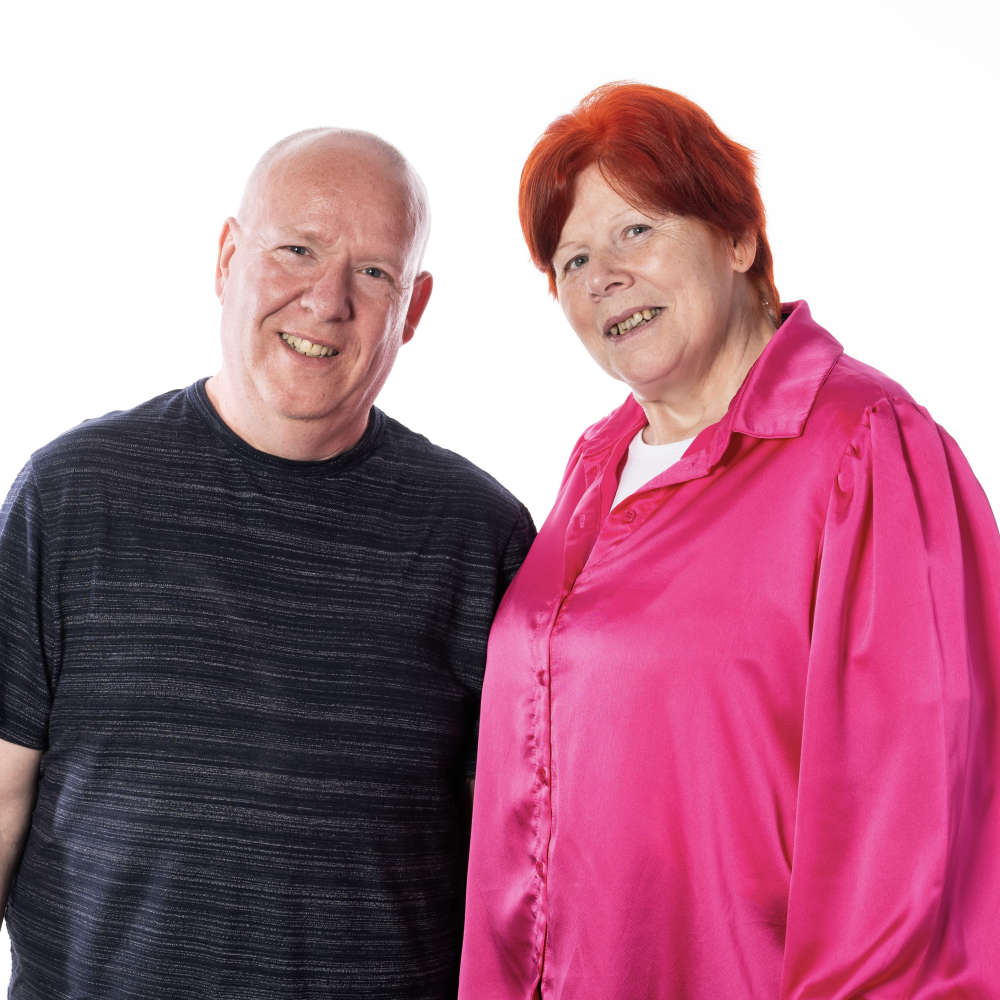West Midlands Police is introducing spit and bite guards for 4,500 operational officers, to protect them - and the public - from offenders.
Last year alone, 231 police officers in the West Midlands were spat on leaving them at risk of being infected with potentially deadly diseases. Work by the Police Federation as part of their Protect the Protectors campaign found that the issue is massively under reported, with officers wrongly believing assaults are just part of the job.
PC Michael Bruce, based in Coventry, is just one of those who has been spat at by a violent man he and his colleague PC Alan O’Shea were attempting to arrest. The pair were showered in spittle and blood, and faced an agonising six month wait for continuous medical tests to final prove they were not infected with HIV, hepatitis and tuberculosis.
The situation meant that Alan was unable to visit a relative who was undergoing chemotherapy, while Michael’s 9-year-old daughter and one-year-old son also had to be screened for hepatitis after he initially tested positive for the disease. Medics subsequently established that the test was wrong and he was given the all clear.
The brave cops’ attacker was handed a suspended sentence and fined by the court but Alan, felt he was the one being punished. He said:
“I was a police officer who was just doing my job, and yet I ended up with a six month sentence as I waited for the results of the tests."
As well as protecting officers and passers-by, the new guards should also reduce the level of force officers have to use on a spitting detainee. Currently, the only method of stopping a spit attack is by using several officers to physically restrain the person.
The spit guards being issued to officers are made from a loose-fitting, net-like material. They have a reinforced section around the jawline to prevent spitting and biting. They are medically certified, guarantee no mouth or airway blockage, and allow clear visibility which helps reduce panic and avoids the escalation of violence.
Guards will only be issued after officers have completed training on their safe fitting and they will have regular refresher training. They will only be fitted to a person who has already spat or who threatens to spit and, when fitted, the wearer with be constantly monitored and the guard removed at the earliest opportunity.
Chief Constable Dave Thompson was convinced of their merits following extensive consultation with officers across the West Midlands and after being presented with comprehensive research on the issue. He said:
“The decision to introduce spit and bite guards into West Midlands Police is not one I’ve taken lightly. Some considerable work has gone into this and on the basis of everything I have seen, I believe this is absolutely the right decision.
“I acknowledge that some people will feel worried about their introduction. I want to reassure them that safeguards are in place and if they are used, this will be recorded. That data will be made available and will be scrutinised by local people. The Police and Crime Commissioner will also hold me to account for the actions of my officers. This is right and proper."

At a public consultation event held at police headquarters on Monday 24 July attended by around 50 local people, councillors, medics and others, there was unanimous support for the introduction of guards. Police and Crime Commissioner, David Jamieson, said:
“The introduction of spit guards has been a difficult, but necessary decision to protect our officers. I back the Chief Constable on this issue. The police protect the public, it is therefore important we protect our officers.
“At a recent public consultation there was overwhelming support for this move. People told me they were reassured by the measured and sensible approach of West Midlands Police. The force will use spit guards only when absolutely necessary."
The fitting of a guard on a detainee will be classed as a use of force under Home Office regulations and will be recorded as such by West Midlands Police.
In addition to spit and bite guards which can be fitted on detainees, officers will be issued with surgical masks with an inbuilt eye shield similar to those worn by dentists. These can be used by officers responding to incidents where there is advance information that someone is spitting.
The cost of the guards will be £11,000 and they will take around three months to introduce.











